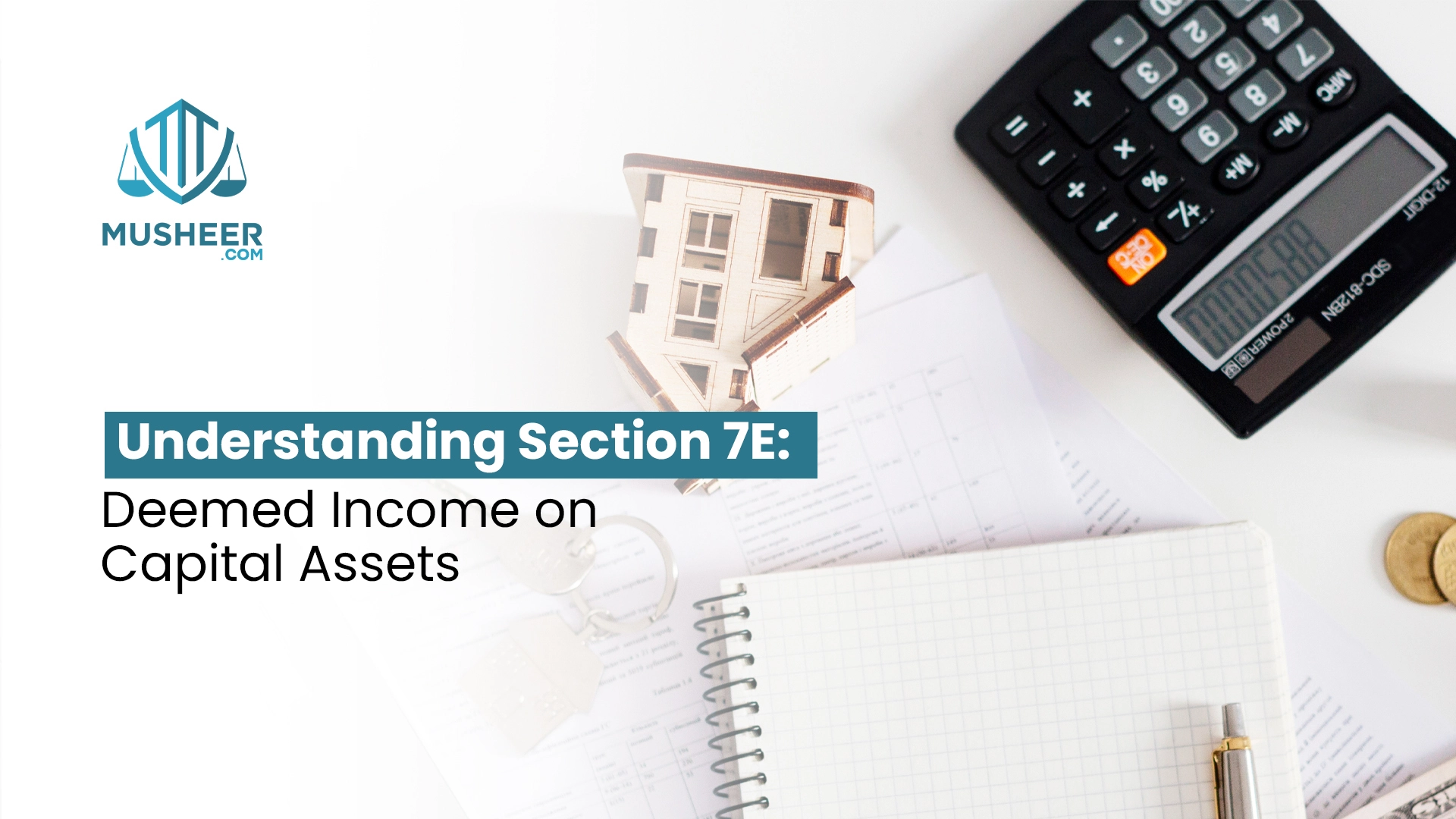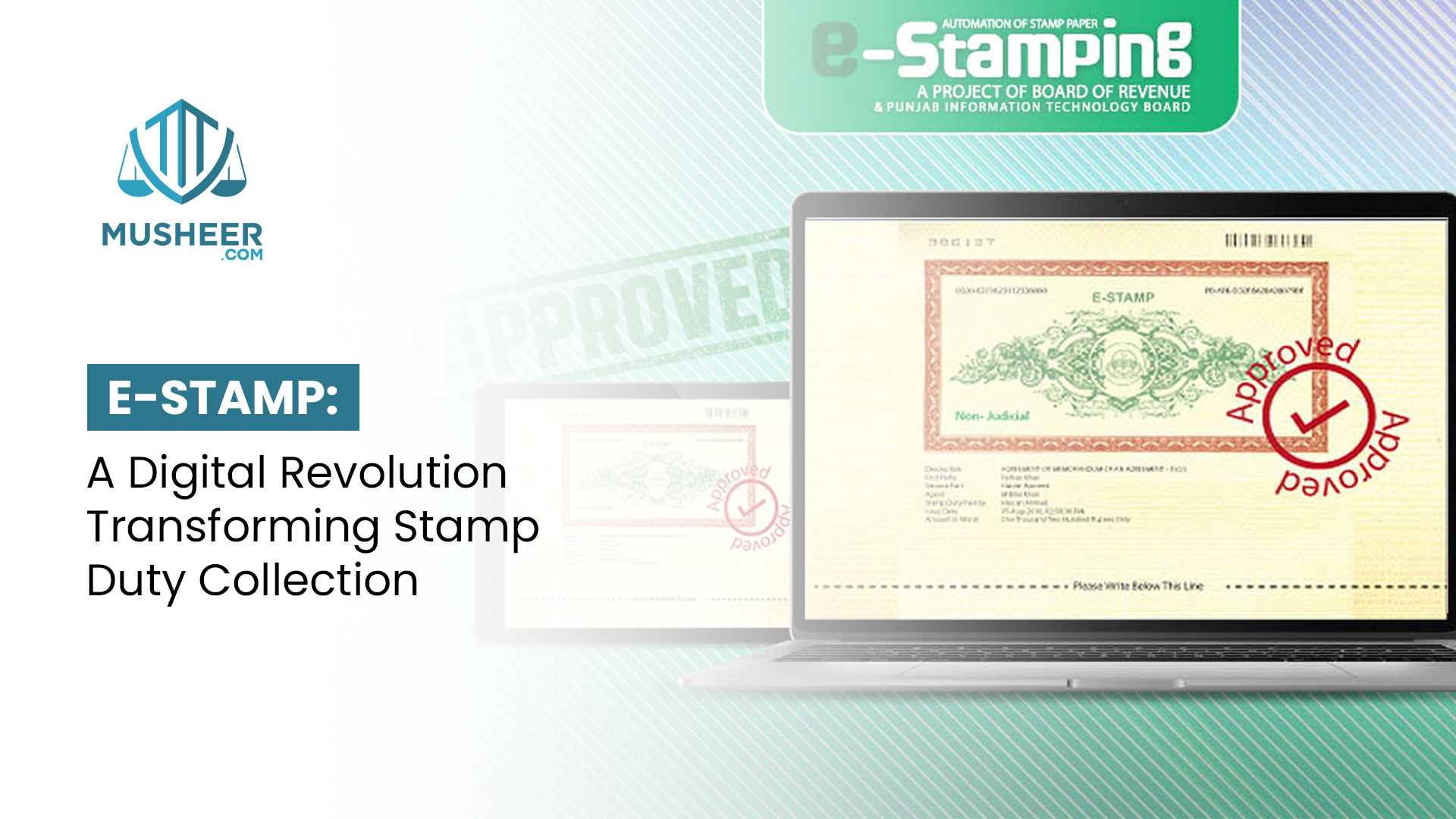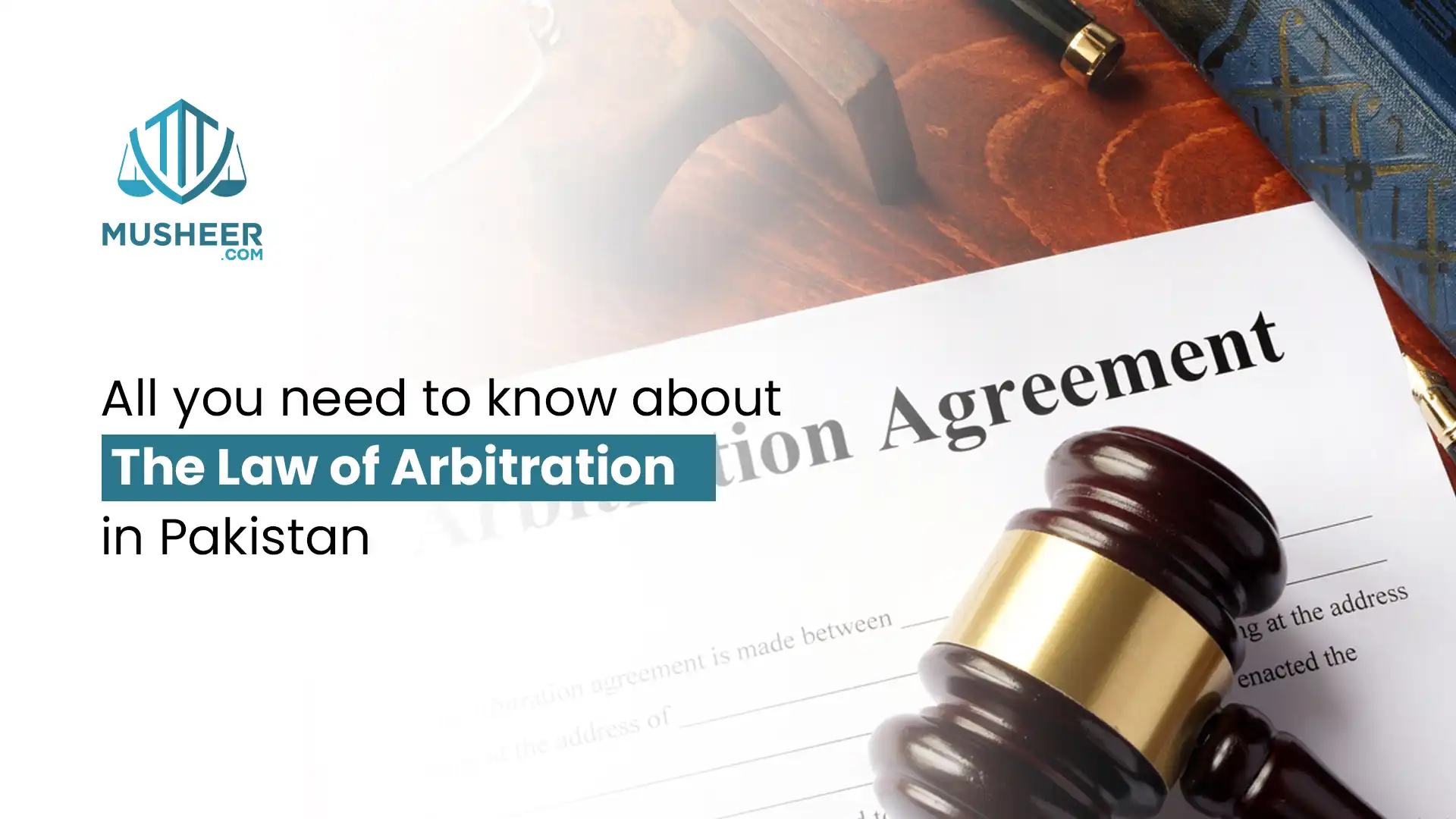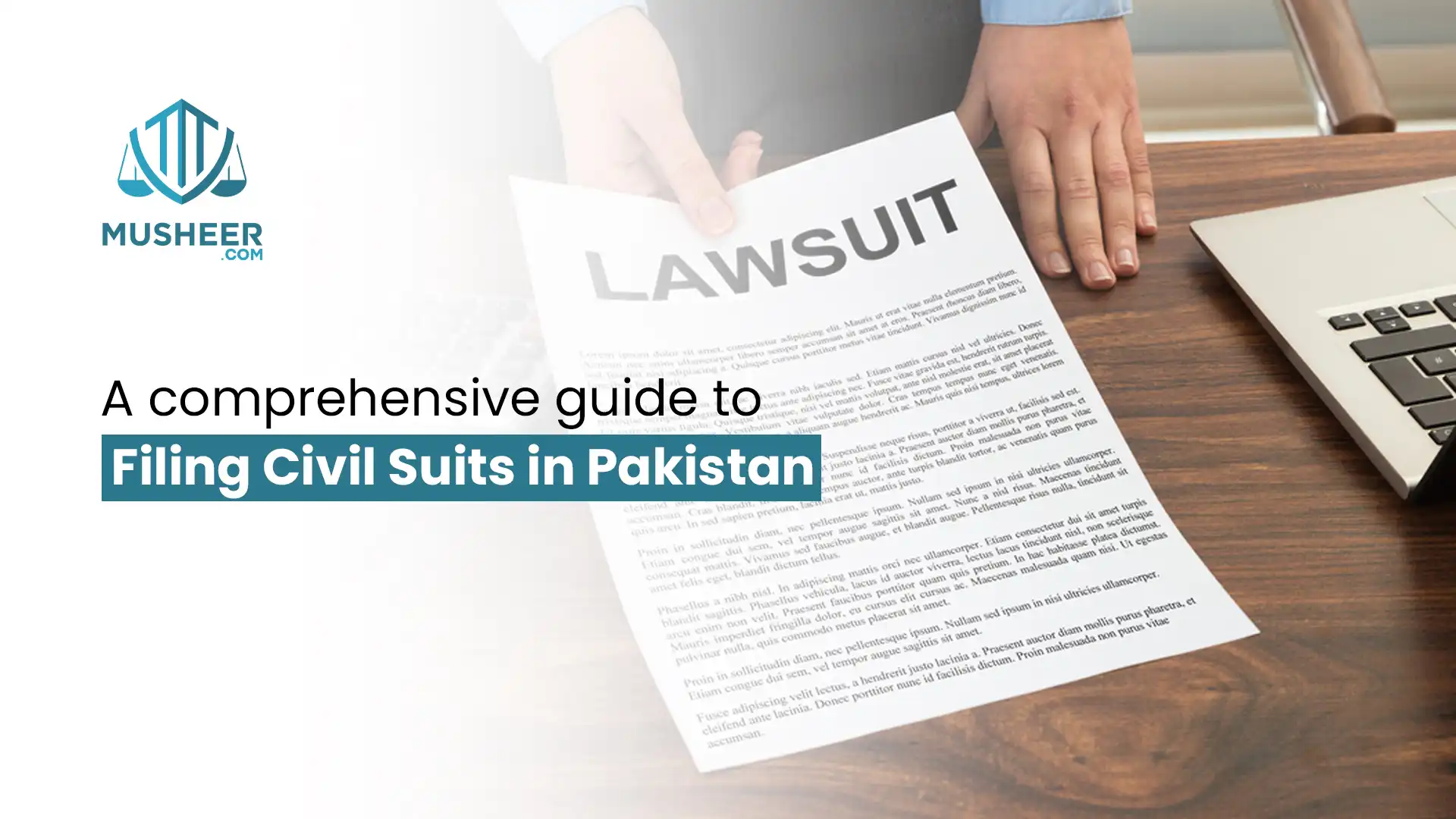In this article, we delve into the intricacies of Section 7E, a notable addition to the tax laws, and its implications for taxpayers. The introduction of Section 7E in the Income Tax Ordinance, 2001 (the “Ordinance”), has sparked debate due to its nature as a capital value tax, leading to discussions on the jurisdiction of its imposition.
Through the Finance Act, 2022, a resident individual owning immovable properties in Pakistan with an aggregate fair market value exceeding Rs. 25 million on the last day of the tax year (June 30) is subjected to tax on deemed income from such properties for tax year 2022 and onwards. Such deemed income is effectively taxed at 1% of the FBR values of immovable properties.
Defining Deemed Income and Fair Market Value
Deemed income refers to an artificial income assigned by the tax authorities, while fair market value (FMV) represents the value officially notified by the Federal Board of Revenue (FBR). Under Section 7E, deemed income is calculated as 5% of the FMV, and this amount is subject to a tax rate of 20%.
For instance, if an individual owns a property with an FMV of Rs. 28 million, the deemed income would be Rs. 1,400,000 (28 million x 5%), and the tax payable on it would be Rs. 280,000 (1,400,000 x 20%), effectively resulting in a 1% tax on the property's FMV.
However, several exceptions exist where the tax on deemed income doesn't apply:
(a) one capital asset owned by the resident person;
(b) self-owned business premises from where the business is carried out by the persons appearing on the active taxpayers’ list at any time during the year;.
(c) Self-owned agricultural land for agricultural activities (excluding farmhouses and annexed land).
(d) Capital assets allotted to:
- Shaheed or dependents of a Shaheed belonging to Pakistan Armed Forces.
- A person who dies while in the service of the Pakistan Armed Forces or the Federal and Provincial Government.
- A war wounded person while in the service of the Pakistan armed forces or Federal or Provincial Government.
- An-ex-serviceman and serving personnel of armed forces or ex-employees or serving personnel of Federal and Provincial Government.
(e) any property from which income is chargeable to tax under the Income Tax Ordinance and tax leviable is paid thereon;
(f) capital asset in the first tax year of acquisition where tax under section 236K has been paid;
(g) where the fair market value of the capital assets in aggregate does not exceed Rupees twenty-five million;
(h) capital assets owned by a provincial government or a local government; or
(i) capital assets owned by a local authority, a development authority, builders and developers for land development and construction
It's important to clarify that capital assets encompass various properties regardless of business use, excluding specific categories like stock-in-trade, shares, stocks, securities, any moveable or depreciable asset.
Applicability of Section 7E
Provisions of section 7E are applicable only on resident persons. Non-resident individuals including non-resident Pakistanis are not required to pay tax under section 7E.
Recent Amendments and Developments
The Finance Act, 2022 introduced taxation of deemed income on immovable properties owned by resident individuals, applying from Tax Year 2022 onwards. The Finance Act, 2023 introduced amendments to allow exemption from the deemed income tax only for individuals whose names appear on the Active Taxpayers' List (ATL). In other words, individuals holding such properties liable to be taxed under section 7E must be active taxpayers to be excluded from the tax on deemed income. However, individuals not required to file a return of income, as specified in the Tenth Schedule of the Ordinance, are exempt from this tax even if not on the ATL.
Another significant amendment by way of Finance Act, 2023 has been introduced whereby any person responsible for registering, recording or attesting transfer of any immovable property is prohibited from registering, recording or attesting such transfer unless he is satisfied that the seller or transferor has discharged its tax liability under section 7E.
However, the validity of this newly introduced section has been challenged in the Lahore High Court. Therefore, in a bid to further enhance clarity on deemed income taxation, the FBR issued circular no. 03 of 2023, refining the taxation provisions for the sale or purchase of immovable property. The circular also clarified that contents of the Circular will not apply in cases falling in the Jurisdiction of the Honourable Lahore High Court with reference to the Judgment in WP no. 52559 of 2022 dated 06-04-2023 unless the said judgment is reversed, suspended or vacated in an Appeal or by the Honourable Supreme Court of Pakistan.
Conclusion
In summary, Section 7E's introduction has undoubtedly raised questions and discussions within the tax landscape. While its validity is being considered in different superior courts, understanding its provisions and implications is crucial for taxpayers. As legal interpretations evolve, staying informed is vital for navigating the evolving tax environment effectively.









